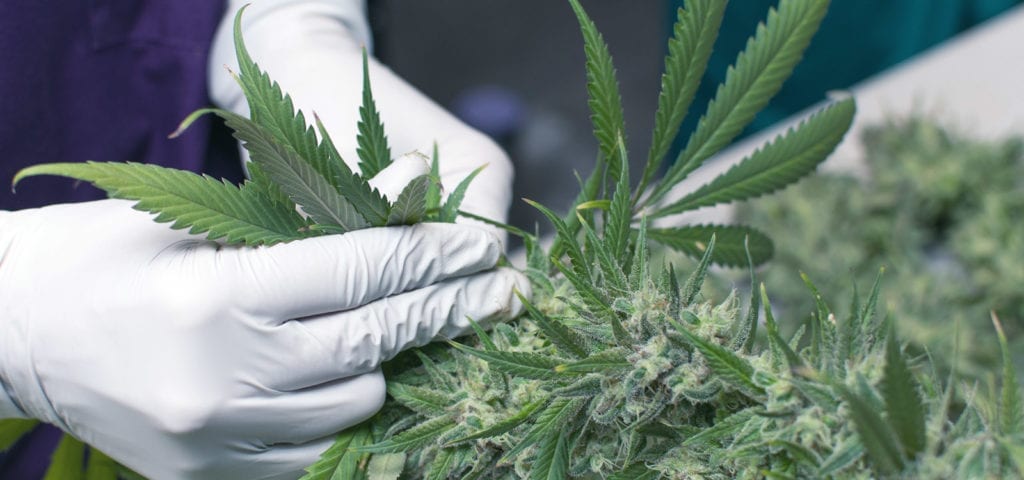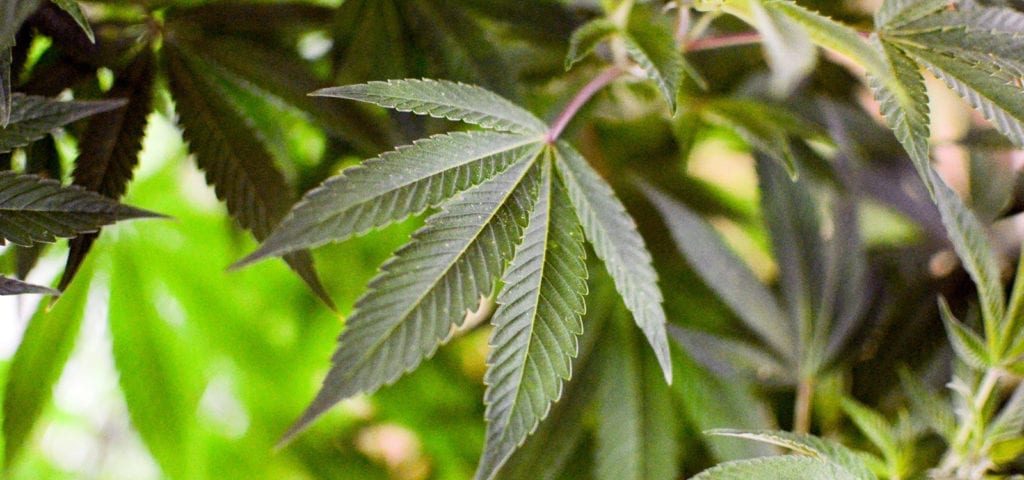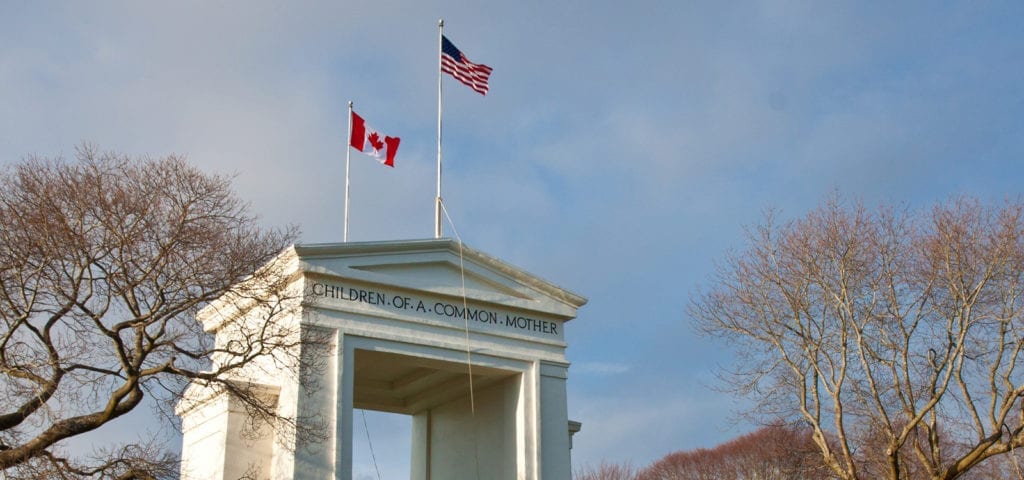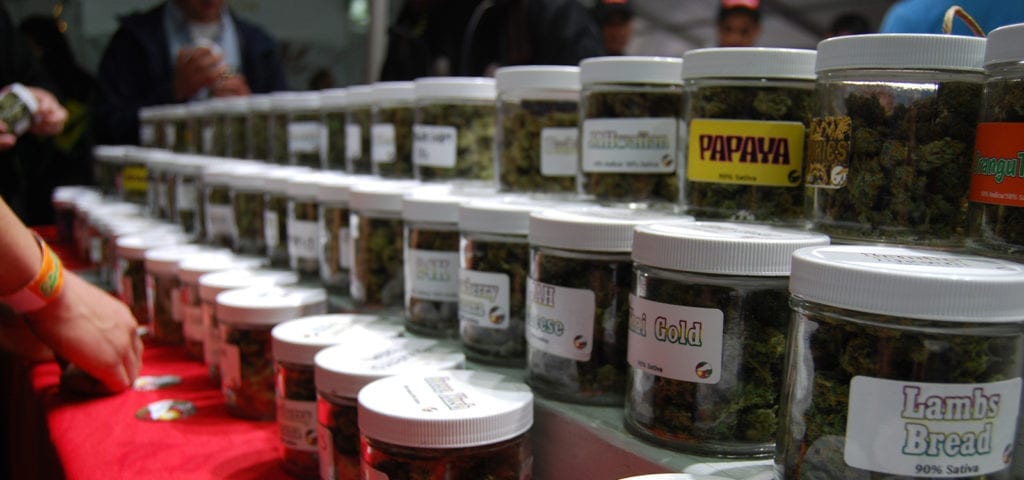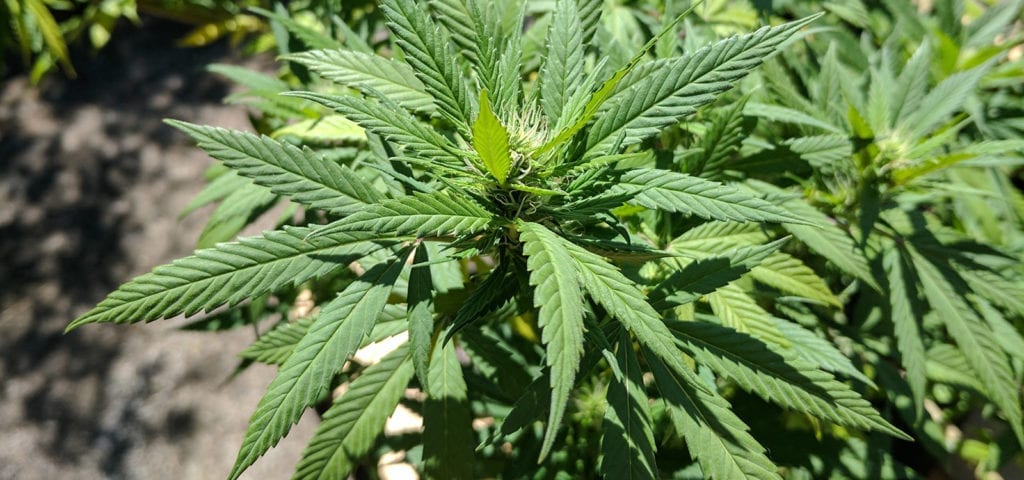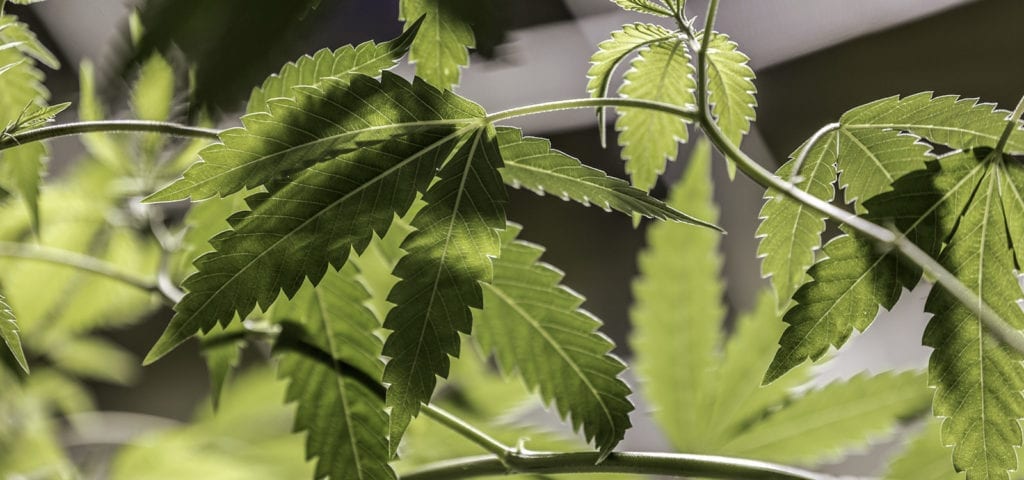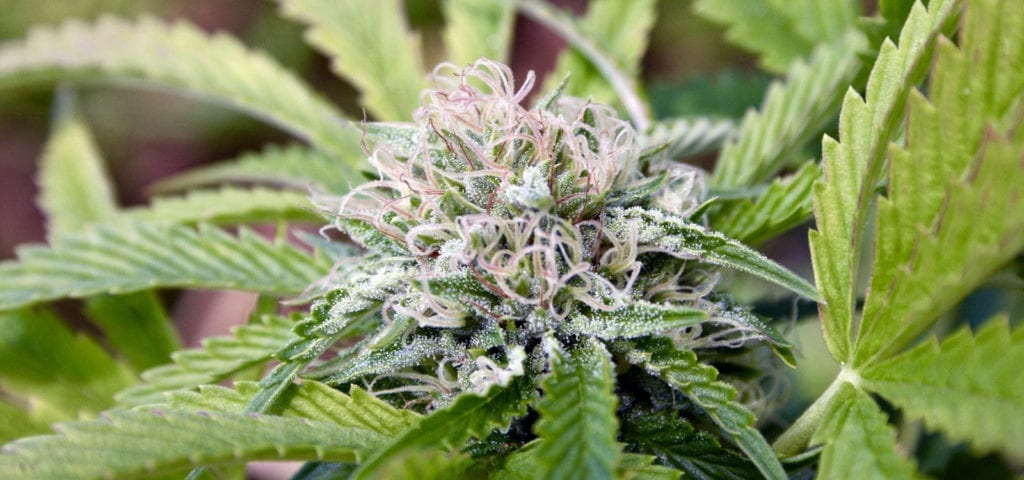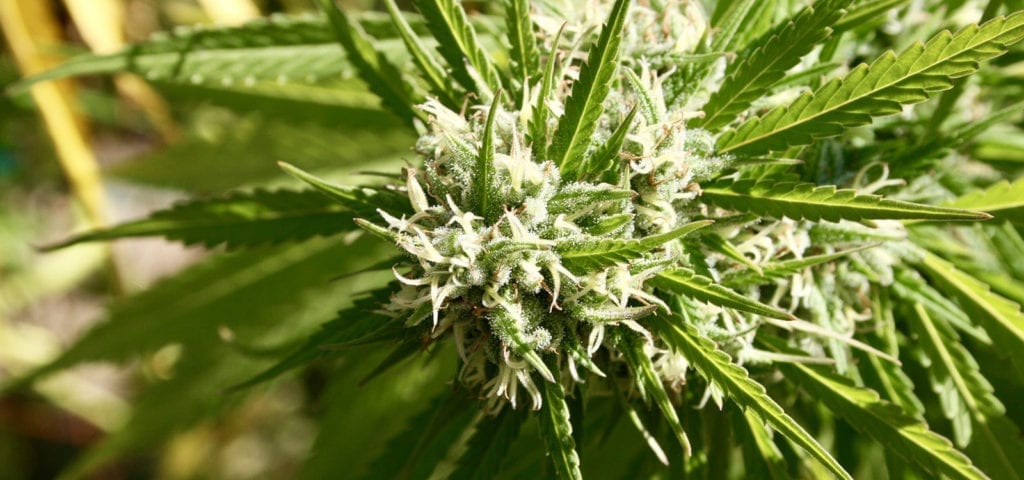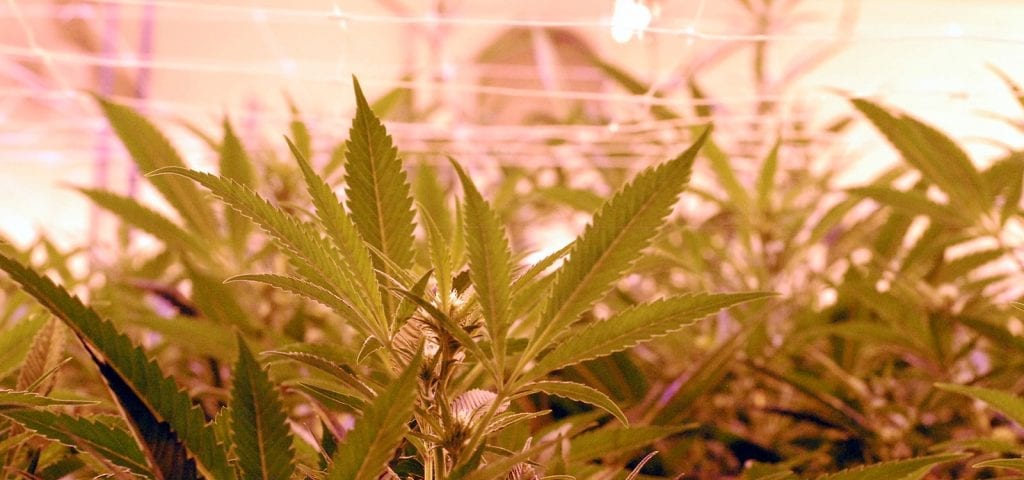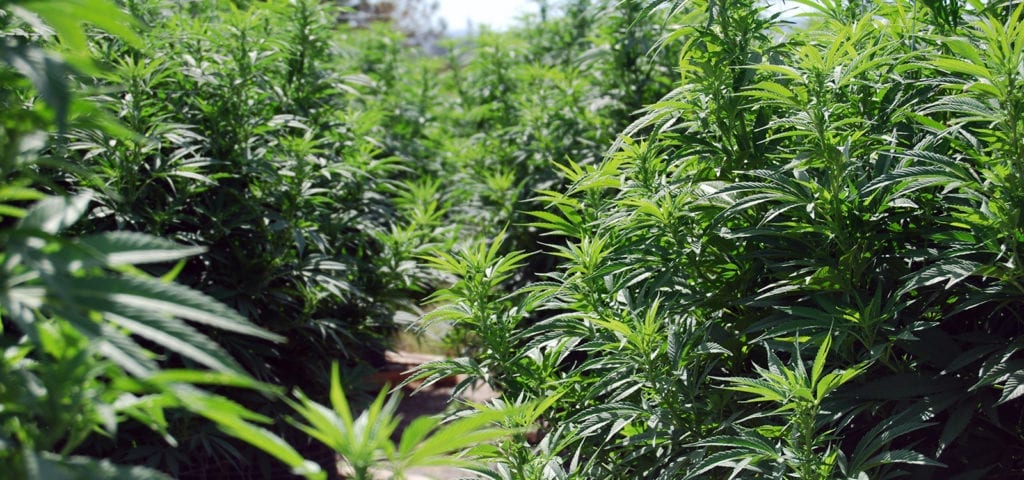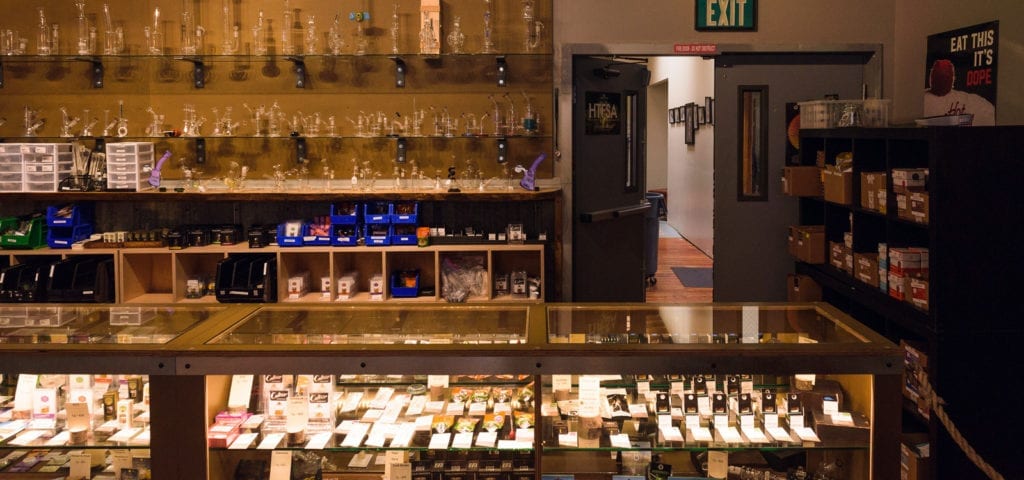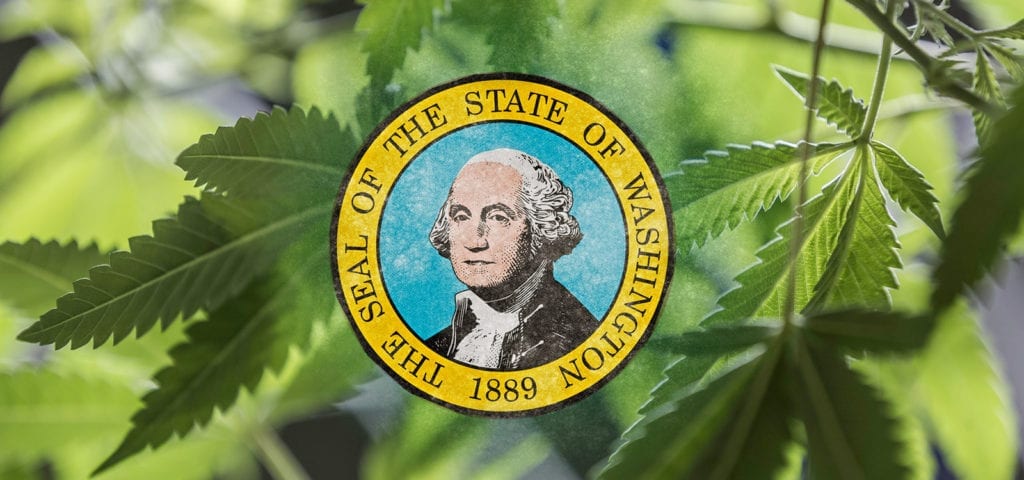Washington state’s cannabis caucus is poised to grow this year, with at least five candidates who are either cannabis activists, have worked in the industry, or currently own cannabis businesses running for state and local offices.
Statewide elections
Crystal Oliver — who owns an outdoor cannabis farm in Eastern Washington, is an executive assistant to WA NORML, and is on the Executive Board of the Cannabis Farmers Council — is throwing her hat in the ring as a Democrat in the 7th legislative district. As a mother and graduate student, Oliver is focusing on health care, regulation reform, and open government in her campaign for the state House. As a cannabis farmer herself, she has worked tirelessly through the implementation of Washington’s adult-use cannabis system.
“Cannabis farming has certainly been a gateway to politics for me. Starting my cannabis farm has been the education of a lifetime. Since regulations didn’t already exist for our businesses, stakeholders had to build the regulations from the ground up.
I found that I had a natural talent for reading, recalling, and critiquing regulations and law as well as bridging the gap between farmers and politicians. Through my interaction with regulators and legislators, I came to realize that I had many of the skills needed to effectively serve the public.” — Crystal Oliver, in a statement
Liz Hallock is the owner of Cannabis Express in Yakima and is running as a Democrat for District 14’s second seat position in the House to bring a more scientific and fact-based approach to government. Educated at Princeton and having practiced law for ten years in Washington State, Hallock hopes to unseat the Republican incumbent.
“My opponent hasn’t supported any of the cannabis bills that have been in Olympia. Our products are really ignored when it comes to fighting the opiate crisis. I really feel if you can’t get the cannabis thing right when it’s such a no-brainer, how will you fix the harder problems?”
“The way government should work is you get all the stakeholders in a room, figure out the most things you can agree on and come to a consensus, all while protecting people’s rights. I want to work to have a state government that works with the scientific method and facts, not religion and feelings.” — Liz Hallock, in a statement
Jessa Lewis is a working mom and former I-502 employee who says she has had it with Eastern Washington politics. She is running for the state Senate in the 7th District as a Democrat.
“The number one thing I am hearing from voters is a need to address healthcare issues and mental health, but I also hear a lot about fixing our education system and building an economy that works for all. I left working in 502 to focus on policy and politics after being a National Delegate for Bernie Sanders. The cognitive dissonance I experienced in 502 — I was selling a product to little old ladies that was causing mass incarceration in the rest of the country — really showed me there was a need for new blood in the political arena to fight against the reefer madness of today.” — Jessa Lewis, in a statement
Local elections
Jed Haney is a fourth generation Washingtonian who wants to bring a progressive platform to the Thurston County Commission, Seat 3. Running as an Independent, his platform focuses on public safety, environmental management, and economic sustainability.
“I’m running as an Independent because I want to be a fresh voice outside the two-party echo chamber. We need champions to represent the people and not party politics. Before getting involved in the legal cannabis fight, I didn’t interact with the open government public process much, but in 2014, when I observed the City of Yakima along with Yakima County subvert the will of the people by placing cannabis bans, that really pushed me to act. Since then, I’ve worked with people all around the state from all different backgrounds to improve cannabis policy in Washington State.” — Jed Haney, in a statement
Lee Dunkin is a Tier 1 cannabis producer running for Chelan County Commissioner, District Two. Responding to the heavy-handed approach Chelan County took toward cannabis, this former county employee says affordable housing and high unemployment are the biggest issues in the county — but he feels the county’s government is entirely broken.
“The main hurdle to dealing with any issue in Chelan County right now is getting the county to actually do something other than regulate and tax its citizens. The internal structure and function of the county no longer work.”
“If there is one place on the planet cannabis should be grown it is in Chelan County, 300 days of sun and the cheapest power in the nation! Instead of working with cannabis businesses, the County has fought us every step of the way. After two and a half years of fighting and spending over $160,000 in legal fees, I saw no other choice but to run for office. The County Commissioners have divided this community just because a few people don’t like the smell of pot. They pitted neighbor against neighbor and have wasted countless taxpayer dollars on closing farms and small businesses.” — Lee Dunkin, in a statement

